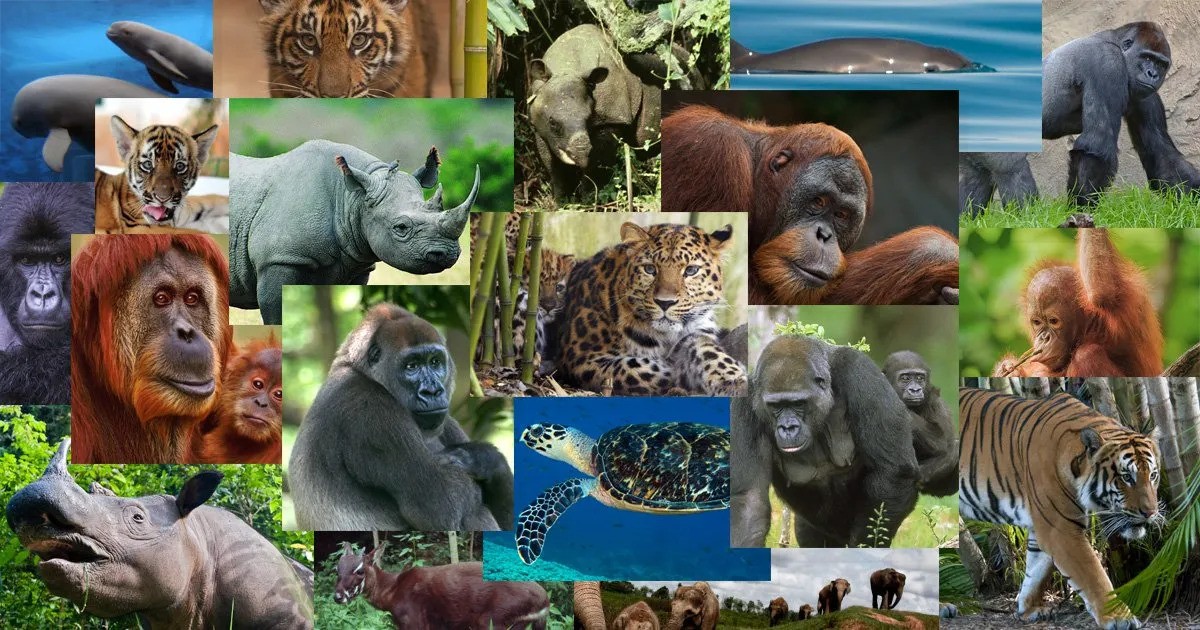The human fascination with animals goes beyond mere admiration of their beauty and diversity. It extends into a profound curiosity about their inner worlds – their thoughts, emotions, and cognitive abilities. While it’s easy to attribute complex behaviors solely to instinct, modern research continually reveals the astonishing depth of animal cognition. In this blog, we embark on a journey to explore the intricate workings of animal minds, challenging preconceived notions and shedding light on the remarkable intelligence found across the animal kingdom haustiere.
The Complexity of Animal Cognition: For centuries, humans believed themselves to be the pinnacle of cognitive evolution. However, as science progressed, this notion began to unravel. Researchers delving into animal cognition have uncovered an astonishing array of cognitive abilities across species. From problem-solving to communication, tool use to emotional expression, animals exhibit a spectrum of behaviors once thought to be exclusive to humans.
One of the most compelling examples of animal cognition comes from studies on primates, particularly chimpanzees and bonobos. These apes demonstrate remarkable tool-making skills, using sticks to extract termites from mounds and rocks to crack open nuts. Moreover, they exhibit social complexities, forming intricate social hierarchies and engaging in complex forms of communication through gestures and vocalizations.
Dolphins, known for their playful antics, also showcase impressive cognitive abilities. They engage in cooperative hunting strategies, communicate through a sophisticated system of clicks and whistles, and demonstrate self-awareness – a trait once believed to be uniquely human.
Birds, too, have captured the interest of researchers studying cognition. Crows, for instance, are adept problem solvers, capable of using tools to obtain food and even fashioning tools from materials found in their environment. Their ability to recognize individual faces and solve complex puzzles highlights the depth of their cognitive prowess.
Beyond the more charismatic species, animals as diverse as octopuses, elephants, and dogs display cognitive abilities that challenge traditional notions of intelligence. Octopuses exhibit remarkable problem-solving skills and can navigate complex mazes, while elephants display empathy and mourn their dead. Dogs, our loyal companions, demonstrate a keen understanding of human gestures and emotions, forming deep bonds with their human counterparts.
The Evolutionary Roots of Animal Cognition: Understanding the evolutionary origins of animal cognition provides insights into the diverse array of cognitive abilities observed in different species. While humans possess a unique combination of cognitive traits, many of the underlying cognitive processes are shared across evolutionary lineages.
The concept of convergent evolution highlights how distantly related species can evolve similar cognitive abilities in response to similar environmental pressures. For example, the ability to use tools has emerged independently in multiple lineages, including primates, birds, and even some species of fish. This suggests that certain cognitive traits may provide adaptive advantages in specific ecological niches, driving their evolution across diverse taxa.
Moreover, studies on animal cognition have challenged anthropocentric views of intelligence, emphasizing the importance of considering cognition within the context of each species’ natural history and ecological niche. What may appear as simple behaviors in one species could be highly adaptive and complex in another.
Ethical Implications and Conservation Efforts: Recognizing the cognitive complexity of animals raises important ethical considerations regarding their treatment and conservation. As we gain a deeper understanding of their cognitive abilities, we must reassess our attitudes towards animals and acknowledge their capacity for suffering, joy, and social bonds.
Conservation efforts aimed at protecting endangered species must also take into account the cognitive needs of animals. Preserving habitats and minimizing human impact are essential not only for maintaining biodiversity but also for safeguarding the cognitive well-being of species across the globe.
